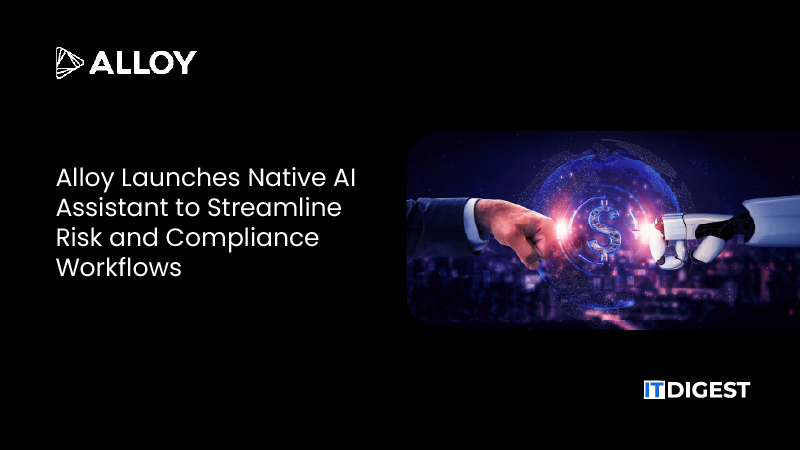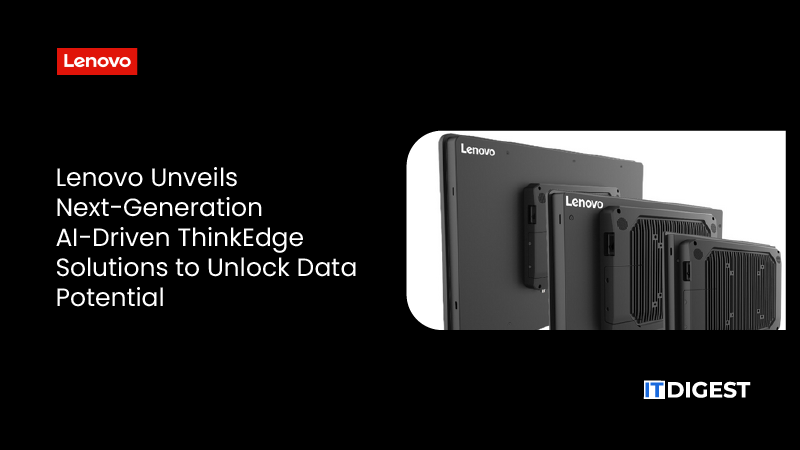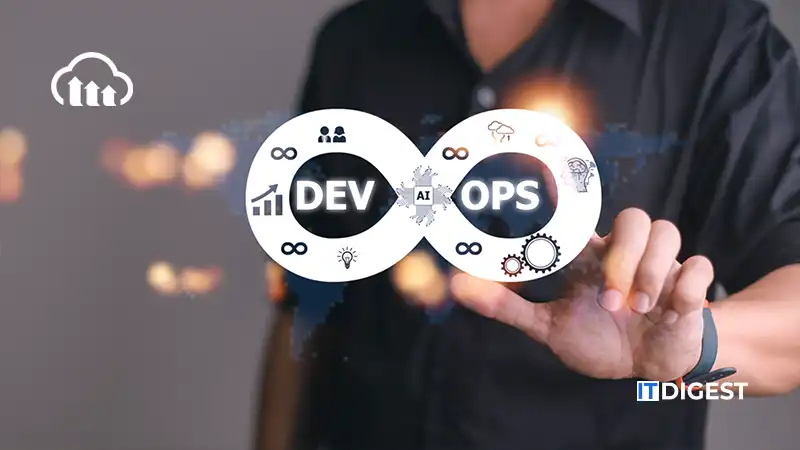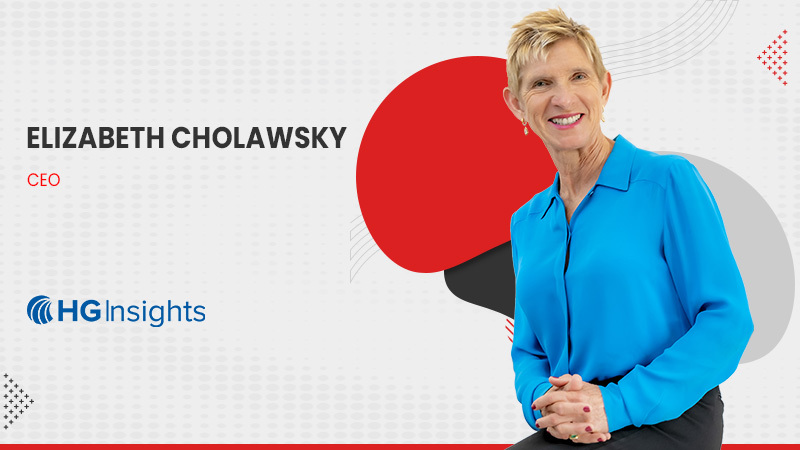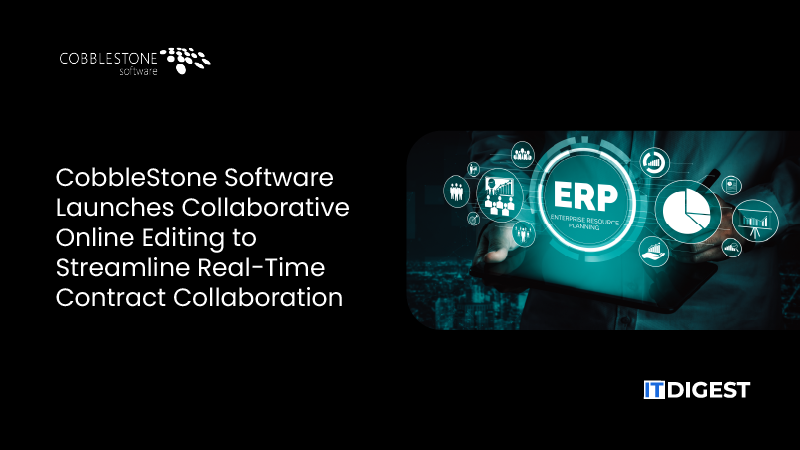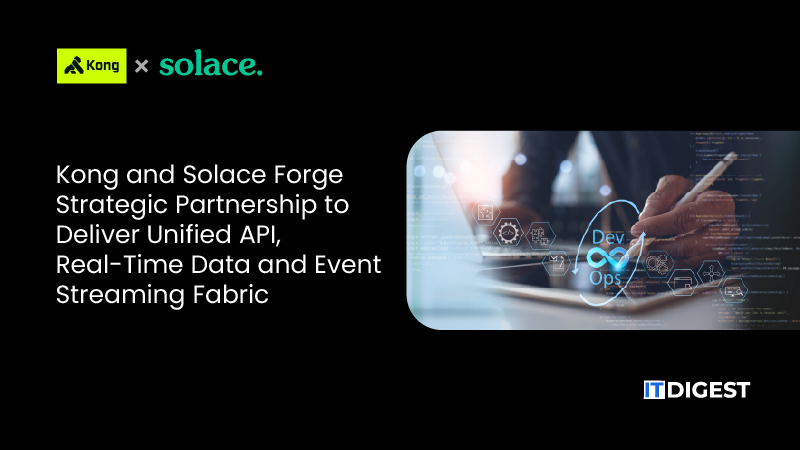“When sales and marketing operations are based on the same objective facts, good things happen.”
Hi, Elizabeth, could you tell us about your professional journey so far?
My first career goal was to be the president of the US, but I was told that girls weren’t allowed to be president. So I decided to be president of a company.
My interests quickly led me to analyzing data, more specifically, using quantitative measures to assess social phenomena. I really got interested in how data-driven decision-making can change things for the better. So starting in college I was already working on statistical models in the social science arena.
I was hired by the CIA as a “quantitative methodologist,” one of the only titles I’ve had that I like as much as CEO. After the CIA I moved into the tech world. Along the way, I worked at a few large public companies (Move.com, Citrix, Conversant, formerly ValueClick), along with some private companies (Voice Processing Corporation, HG Insights) in leadership roles spanning general management, marketing, product management, global client services, and contact centers.
I have always had strong convictions, and this has gotten me far in my career. I am a firm believer in turning systems on their head. At Support.com I transformed the business from relying solely on outsourced services revenue to selling its own SaaS product that efficiently ran large contact centers. At HG Insights I cut 75% of our channel partners, the majority of our book of business, to pivot to grow in a more sustainable direction. And that led to attracting a $250M investment.
What challenges did the COVID-19 pandemic pose for you and your team?
After years of experience, I thought that there were few challenges left I hadn’t already seen yet. Then came March 16, 2020. Even though the lockdown was announced, I thought we’d be back to the office in a couple of weeks.
It put me in a position to address my 100+ employee’s concerns, both personal and professional, in an uncertain time. I was also responsible for overseeing the change from a 100% in-office work culture to a dispersed remote team, and keeping HG’s culture going strong through the pandemic. It required me to grow different skills, and it made me a better leader.
As a CEO, everyday is interesting. You are constantly presented with new circumstances and situations to manage that you have to lead through. It’s one of my favorite things about the job.
Also Read: IT Digest Interview With Patrick Moorhead, Chief Marketing Officer, Pricefx
What sets HG Insights apart from the competition?
We solve the harder problems. If you look at the RevTech industry, you’ve got a lot of players that are looking to provide contact information, to provide lead generation services there, hundreds of companies down there, very good companies, providing just basic company information. So, it’s all about execution, but there’s all the planning and optimization work that goes on also. And those kinds of problems are much harder to solve and that’s where we come in.
The HG Insight platform is the first and best in the market at delivering a unique blend of IT spend, IT install, and contract renewal intelligence. This is the industry’s highest quality technology intelligence and is heavily relied upon by sales, marketing, and strategy teams—and is particularly important during slower or disrupted economies.
Unlike traditional top-down research, we provide granular business insights based on twelve years of detailed market and account intelligence—allowing our customers to instantly understand the size, shape, and structure of their market.
What also makes us different is our purpose: to empower decision makers with objective data and actionable insights to make them more successful. We drive growth. When our customers are successful, we are successful.
Our data-driven insights are used for planning which markets to enter, optimize sales territories, focus on accounts with the highest propensity to buy, and execute data-driven Go-To-Market strategies to maximize chances of closing. Thanks to HG Insights our customers can Go-To-Market with confidence, capture market share quicker, scale with velocity, and maximize revenue and ROI using data-driven insights.
How, according to you, has the Marketing and Sales landscape evolved and will evolve in the coming years?
The marketing and sales landscape has evolved at an exponential rate. Most recently, leveraging data in marketing motions has had a huge effect on the industry at large—there are so many sales and marketing use cases. At HG we’ve been using data collected over the last 10+ years to sharpen our sales and marketing outreach. The real benefits come from operationalizing this data—using it to make decisions and drive action.
For example: By using our own data and defining our own Ideal Customer Profile (ICP)—a powerful use case we provide to our customers—we accelerate predictable results, drive sales productivity, and find accounts with the highest propensity to buy. It works for us, and, more importantly, our customers. And companies that have a well-defined Ideal Customer Profile have a 68% higher average account win rate.
In the coming years, I believe data will continue to play an outsized role in the marketing and sales landscape, but basic data like contacts is not enough. To win in the current environment companies must use objective insights to solve complex problems. I look forward to leading the charge with the award-winning team at HG Insights.
How, according to you, has Marketing Automation impacted the traditional Sales and Marketing funnels?
Yes. And once again, data plays a huge role. The economies of time and energy made possible by marketing automation—the ability to streamline and simplify the most time-consuming marketing and sales responsibilities—is key to getting a competitive advantage in today’s market.
But marketing automation is not just a time-saving tool, it’s extremely powerful for supporting the sales cycle. But it’s only useful if it’s based on quality data. At HG, we leverage many tools, CDNs, CRMs and more, but marketing automation starts with our data. We use marketing automation to increase lead generation, lead nurturing, and sales revenue.
One significant benefit is sales and marketing alignment. When sales and marketing operations are based on the same objective facts, good things happen. New customer opportunities open, targeting, and messaging on marketing and sales campaigns improve, risk is minimized, and spending reduced, and, ultimately, decision-making is faster and better.
Continuity in messaging, strategy, and goals throughout the buying journey, between all departments, helps your business operate as a unified organization. Well-aligned teams deliver effective marketing campaigns, boost sales efficiency, and help you hit your goals. For more on sales and marketing alignment, listen to my MarTech Podcast.
How do you see the Digital Marketing industry evolving over the years to come?
When I led marketing departments, the industry was unrecognizable to what it is today. Looking back on the last decade, the role of data cannot be overstated. And it stands to reason that data will only continue to revolutionize digital marketing.
With data-driven insights, leaders will have a line of sight through the noise, from strategy to execution. And, like other departments, marketing can now be measured through objective reporting—allowing us to maximize marketing ROI.
The ability to analyze markets, build territories, and develop strategies on a single trusted, verifiable data source is critical to growth. Leaders who aren’t using data are at a competitive disadvantage—and they will be moving forward.
Could you name the Top 5 apps/platforms that you use for Sales?
- HG Insights
- SFDC
- Marketo
- Groove
- Gong
Could you name one other CEO that you would like to see featured here?
I think your readers would benefit from hearing about the career of Michael Crandell. He has led multiple companies to great success, helped me to navigate the business choices every CEO must make and is a true entrepreneur.
As a MarTech Leader, what is the one piece of advice you would give to those who aspire to make a career in marketing?
My biggest piece of advice is not to get hung up on titles. I’ve seen executives pass on jobs that could be a huge stepping stone just because the title isn’t what they consider “the right title” for their progress and professional growth.
For example, I was working at a speech recognition company as a vice president, but I wanted to get into a bigger company with better recognition in the market. Digital Sound offered me a director of product role, and even though on paper it looked like a step back, it didn’t hurt my career — actually it helped me, because it was a broader role, and taught me a broader set of skills.
Career paths aren’t always linear. If you’re hung up or feeling stuck, don’t constrain yourself by looking for “the right title.” There’s no such thing.
Thanks, Elizabeth!
Also Read: IT Digest Interview With Nikola Mijic, Founder, Matik






